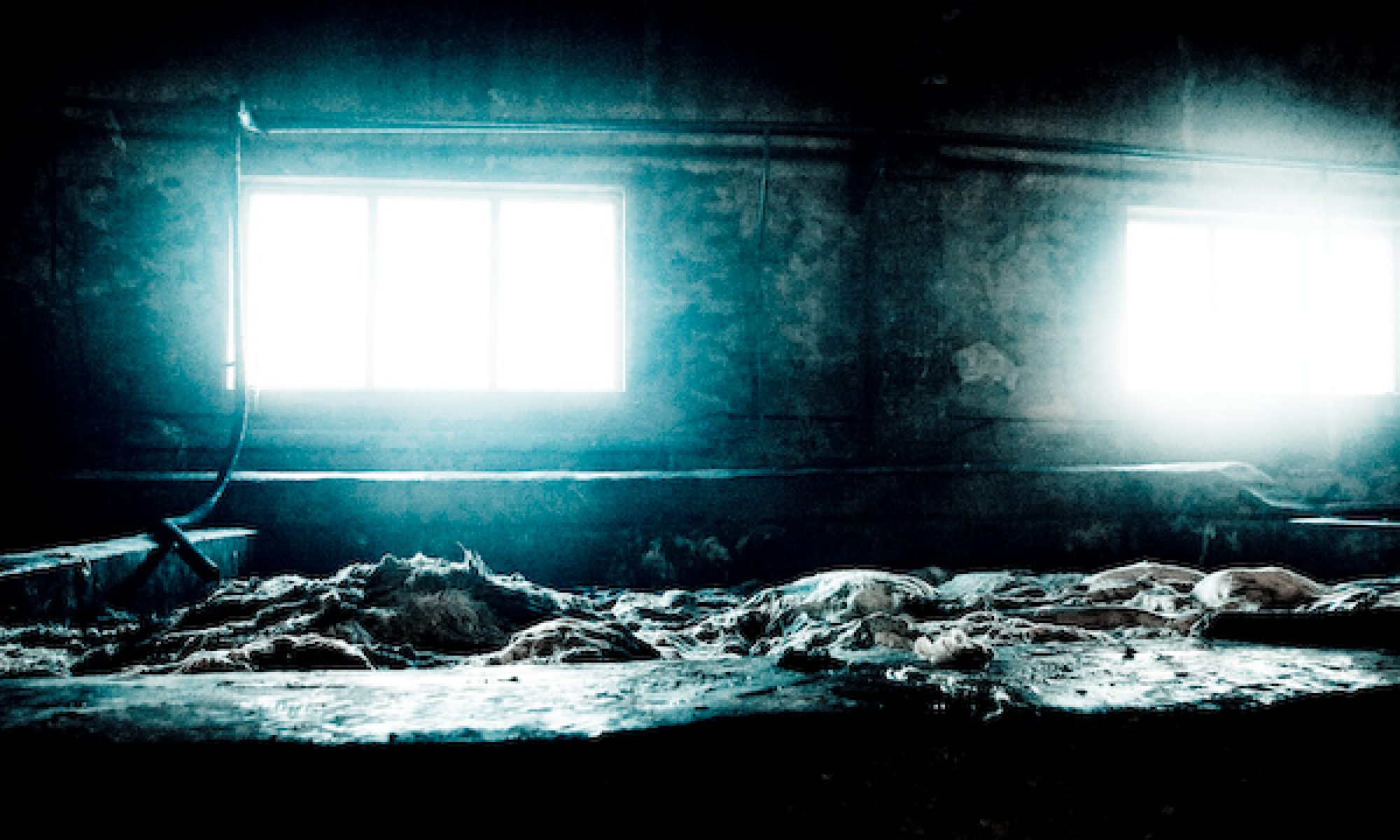Fiction Close Reading: The Communist by Robert Ford
Richard Ford demonstrates several useful techniques in his short story The Communist I have chosen to focus on the final two paragraphs (page 542). He creates vivid imagery that serves to stop time in the story, and take up space, filling out the scene. The images are then qualified, and reinforced, which is the first hint of the sense of desperation that will only grow. There is a feeling of circularity, that the narrator is stuck in the telling and retelling of the story, and the reader really feels this. The images are reinforced and restated, as if to say, ”No, really, it was like this…“ The circularity is also strengthened by the heavy use of and to begin sentences, which keeps the story moving by pulling the reader onwards, as well as adding a sense of inevitability. The perspective of the story begins at a wider level, when the narrator is 41, then zooms in, then returns to the 41 year-old narrator at the end. This combines with the other elements to show that the story is as much about the narrator today as it is about the story itself. The piece is about the narrator, at age 41, being stuck in a retelling of this story of him at age 16, and the importance of that story on him now. The overall tone is decidedly dreary and sad. There is also an echoing of the image of the geese, which were instrumental in the plot of the story and haunt the young narrator at the end of the story much like the incident as a whole haunts the narrator as he tries to move on with his life. 

//imitation
And I stood there sheltered by the counter, the café laid out before me, watching as the customers sipped and chattered, the small tables filled for the pre-lunch snack, the counters beginning to fill. And then she was there, before me, suddenly. And I had no chance to prepare, to think. Suddenly I became aware of the sea that separated us; the countertop poked its head through the waves, a sandbar for the wayfarer. She approached, and she surely knew, I had the earring in still, at that point. She ordered a coffee, and I slowly turned to the machines to prepare her drink. It was like walking through molasses, I could feel her beauty radiating down on me. The earring glowed hot in my ear, and I was ashamed. But I made her drink and began to ring her up when she leaned over and ever so gently lifted the earring in my left ear; she said she couldn’t believe how it could have happened, how I could have found it.
I often think back to this afternoon, when I first saw the hand of fate’s inflection. The sense of universal order, but also chaos; and of course how a piece of metal could have acted as an agent of history, a great force bringing us together despite the slanted odds of circumstance. I see in my wife this power, and I feel in my ear the tug of that which brought us together.
